What Really Works For Rosacea?
Lots of people have rosacea. The condition, which is characterized by a red flush on the cheeks and nose, is caused by enlarged blood vessels in the face. There is recent evidence that rosacea is often misdiagnosed as acne because of the acne-like bumps and red color. Though rosacea isn’t generally painful, the condition can be embarrassing and cause self-confidence issues. Rosacea is most common in women who are in their forties to fifties, but it can be experienced by others as well. The flushed color can appear worse during vigorous exercise or after drinking even small quantities of alcohol or wine.
A quick internet search will reveal page upon page of home remedies for rosacea, which range from the routine to the zany. It’s a good idea to view these home remedies with a very critical eye: some contain ingredients that can cause more harm than good, while others are just silly.
If you want a treatment for rosacea that really works to reduce the red, flushed appearance of your skin and eliminates the acne-like bumps, you want to talk to your SkinCenter skin care specialist. The treatment of choice for this embarrassing condition is the IPL laser.
IPL laser treatment, also known as photofacial rejuvenation is the science of using light to alleviate skin damage. The process is non-invasive: you don’t need surgery or any lengthy recovery time. A numbing gel is used to keep the process comfortable, while cool light addresses the underlying enlarged blood vessels that are responsible for the redness.
The use of the IPL laser triggers the body’s natural collagen-producing mechanisms, spurring them into action. The result is smoother, more youthful looking skin, minimizing the appearance of the fine lines that often accompany rosacea. To find out more about IPL laser treatment for rosacea, schedule your free, confidential consultation today. One of our highly qualified physicians will meet with you to discuss your concerns and make individualized treatment recommendations.
Categories:
Laser & Light Technologies
Tags:
IPL Laser Treatment, Treating Roscea, Westchester Rosacea Treatment


